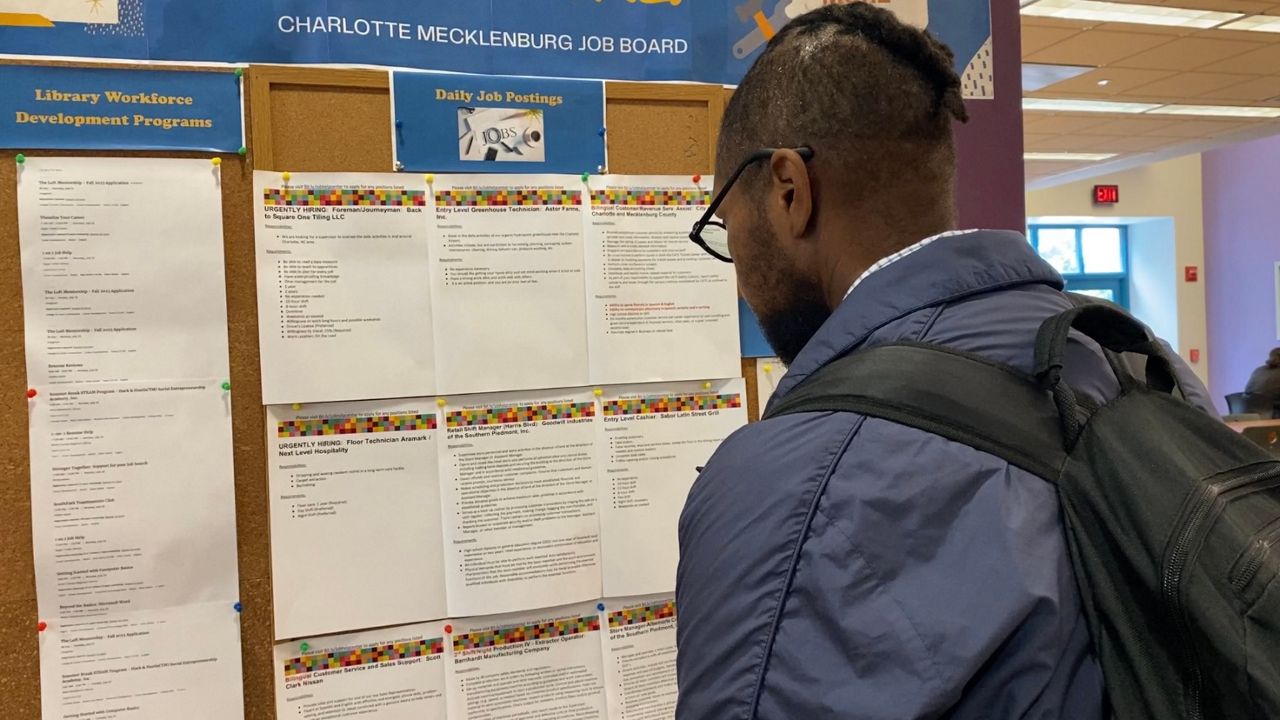Tom Bartholomy, president and CEO of the Better Business Bureau, says since the pandemic more people prefer remote or at least hybrid work, and scammers know that.
“Scammers learned a lot during the pandemic about how to address people, how to contact people,” he said. “They’re offering jobs on websites, notable websites like Indeed, where you can post your resume. [Once] you apply for a job, you’re contacted. They say your resume looks great, everything is right in line, ‘we offer full work-from-home, and here’s the offer.’”
He says then they’ll send you an offer with a pretty high salary, which looks like a legitimate document. Bartholomy says that’s followed by a ton of red flags. After just one simple phone interview and an offer letter, comes requests for your Social Security number to run a background check and your banking information to supposedly set up your direct deposit.
Contrary to what scammers say, if you hand over that very personal information, they now have access to steal your identity and wipe out your bank account rather than pour into it.
Bartholomy suggests thoroughly researching companies that offer you a job, watch out for overpayments and protect your personal information by all means.










